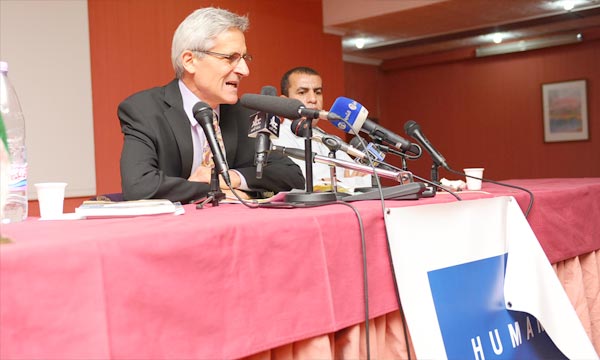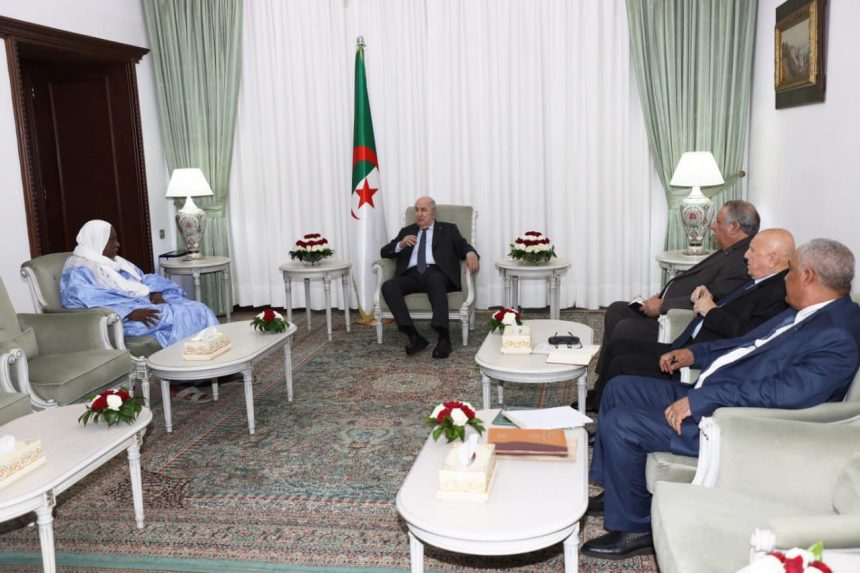Algeria which is hosting on its territory thousands of Sahrawi refugees in the Tindouf camps should acknowledge its responsibility regarding the respect for human rights in these camps and make sure that the perpetrators of abuses are held responsible.
 The recommendation was made by the New York-based Human Rights Watch in a 94-page report published over the weekend under the title “Off the Radar: Human Rights in the Tindouf Refugee Camps.”
The recommendation was made by the New York-based Human Rights Watch in a 94-page report published over the weekend under the title “Off the Radar: Human Rights in the Tindouf Refugee Camps.”
“Algeria should publicly acknowledge its legal responsibility for ensuring respect for the rights of everyone on its territory, including residents of the Polisario-run refugee camps,” stated the report that was presented on Saturday in Algiers.
For the NGO this responsibility “includes intervening if and when human rights violations are taking place and ensuring that perpetrators are held responsible.”
The report also urged Algeria to “change its apparent posture of ceding to the Polisario Front entire responsibility for the protection of the human rights of the population of the Tindouf refugee camps” and “ensure that Sahrawi refugees residing in Algeria are free to enjoy full rights as refugees to freedom of movement within Algerian territory and across Algerian borders.”
The refugees should also enjoy their rights to obtain and possess Algerian passports or refugee travel documents, and to use them without hindrance to exit and enter Algerian territory.
The report noted that some refugees face difficulties traveling through Algeria outside of Tindouf and that Algerian authorities require Sahrawi refugees to obtain permits for travel beyond Tindouf and temporarily confiscate Algerian passports held by Sahrawi refugees upon their arrival at major Algerian entry points. Before leaving the camps, the travelers have to go through several checkpoints, some manned by Polisario security forces and others by Algerian soldiers.
“Off the Radar” report mentions other forms of human rights violations that persist in the camps such as slavery, trial of civilians before military court jurisdictions, politically motivated detentions, forced disappearances, torture or physical mistreatment of people in the Polisario’s custody. It also criticizes the Polisario for hindring political activism and monopolizing political discourse in the camps where “opposition to its fundamental goal of political self-determination for Western Sahara is rarely heard” and where official media of the SADR do not give voice to critical or dissident viewpoints. In addition to that, the formation of political parties other than the Polisario is banned.
The Algeria-backed Polisario is claiming the independence of Western Sahara, a territory formerly under Spanish rule that was retrieved by Morocco in 1975. Morocco which rejects the independence option has proposed an autonomy plan, welcomed by the international community as a serious and credible basis for a final settlement to the Western Sahara dispute. But again, the Polisario and Algeria refuse the autonomy proposal putting off a settlement and principally the return of refugees to their homeland.


